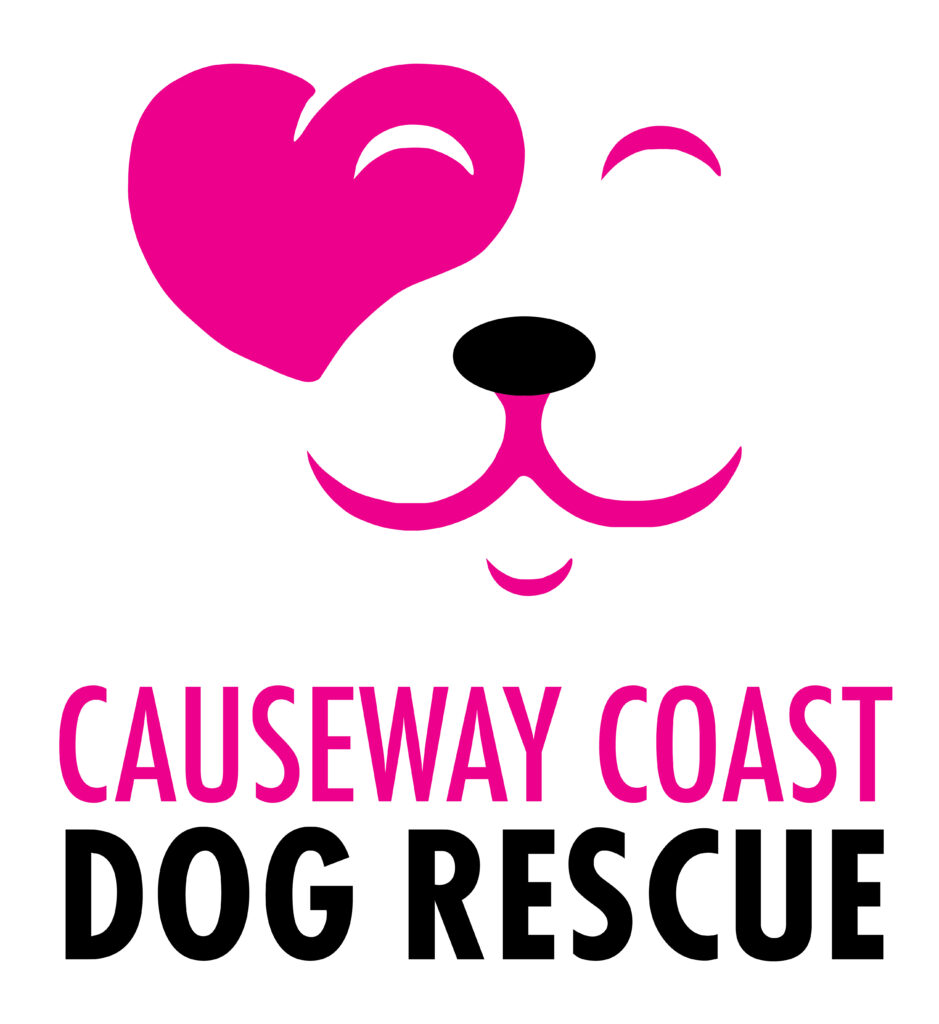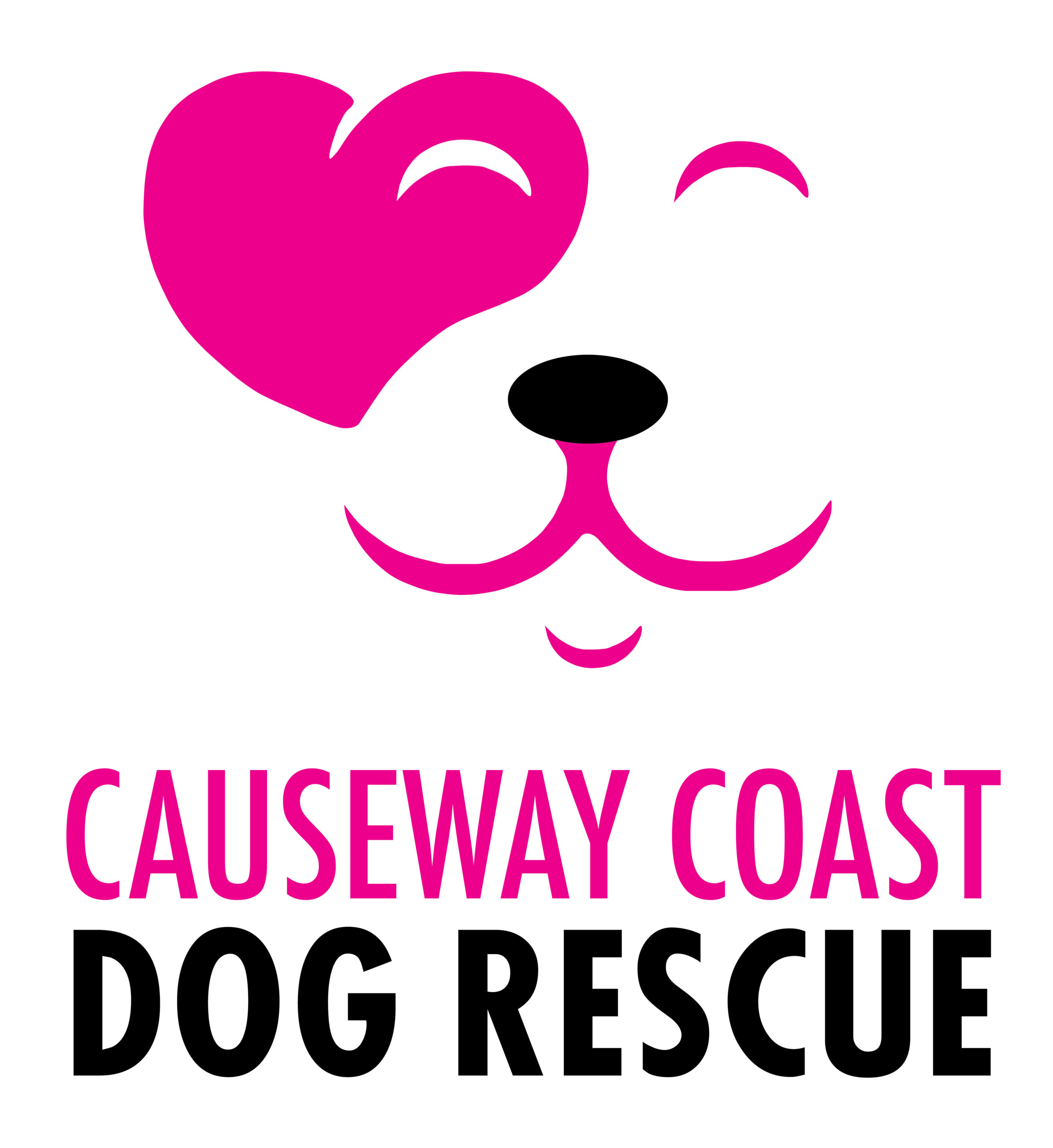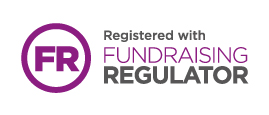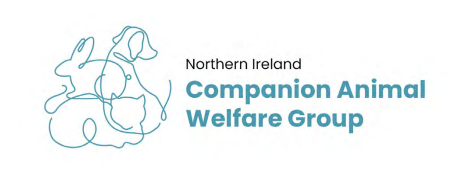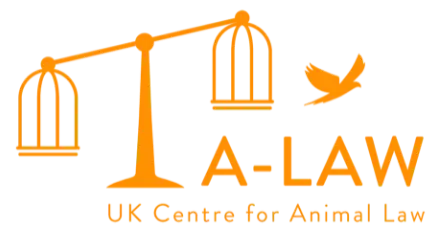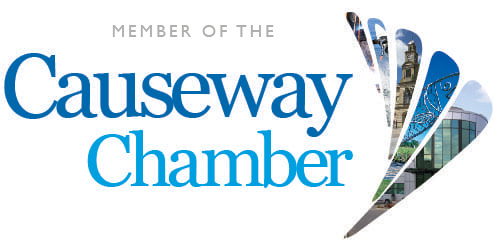Twelve years since the change in the Welfare of Animals Act (Northern Ireland) 2011, dog welfare in Northern Ireland is still in crisis.
Causeway Coast Dog Rescue a local animal welfare charity, is experiencing an increase in calls for help from distressed members of the public as they try to report alleged cruelty to dogs and animals to the appropriate authorities. One such case in the past week is located in L’Derry, just walking distance from one of the city’s biggest areas in tourism.
“Animal Welfare, the council officers, and PSNI have all been informed however SIX days on and these animals are still in the owner’s possession, suffering a horrific experience and unimaginable pain. Members of the local community know of these animals; some have reported to Council and others informed CCDR as ‘there is no point as nothing will be done’.
“Members of the CCDR charity recently became aware of this horrific case as walkers who went through a nearby public pathway, were shocked and sent us these photographs. We have gone through the appropriate process and informed the appropriate authorities, but ‘as it’s a bank holiday’ no action has been taken. How can this be right?
“Animals are starved, dogs are turning on each other for food, geese have torn feet and a donkey has hooves so big they are curling up over its leg. When did Northern Ireland become a third world country in animal welfare”?
CCDR also asks, “when is this not a priority?, and when is this not a crime? as that is the criteria that local government require prior to animal welfare officers investigating.
“We appreciate animal welfare officers in all five offices around the country, can’t be everywhere but other locations are experiencing the same difficulties. What we are saying is that the animal welfare service in Northern Ireland is ‘not fit for purpose’ and it is not any charity’s job to pick up whatever happens on weekends, bank holidays and evenings. There is just no one to call.”
“Charities do not have the power to remove animals which are being abused, or to fine those who are breaking the law. All we can do is to follow up with the appropriate authorities, supporting those brave members of the public who come forward to make a report. Volunteers of charities support where they can but end up taking calls at any time of the day and at any day of the week including bank holidays and weekends. Council’s dog wardens and animal welfare service operate essentially during core times 10am to 4pm Monday to Friday.
“Local Government’s Animal Welfare service needs to be a ‘self-funding service’, with opportunities for research and development and future investment to improve the service. We just can’t go on like this as charities and we can no longer stand by and watch as dogs continue to suffer.
“Like many animal rescue charities in Northern Ireland, at CCDR we are all experiencing an increase to take in unwanted dogs from the public. What is more worrying are the distressed calls for help when reporting a potential crime, when witnessing abuse and neglect to animals in the streets, neighbourhoods and in the countryside. We need a cohesive approach to addressing this from Police, DAERA, DOJ, CPS/PPS and of course Local Government.”
DAERA transferred the powers to enforce the legislation to Local Government on 31st March 2014. Legislation was updated and changed in 2011, ultimately aimed at delivering a service which prevented cruelty and enforced the law.
“In 2016 supported by the Department of Justice, DAERA reviewed legislation’s recommended sentencing and local government’s management of the animal welfare service, including PSNI’s role and responsibilities and how they should improve working with other agencies and charities. This took two years to publish 68 recommendations, 59 of which relate directly to the improvement of services for dogs.
“One of these recommendations was to increase prison sentencing and financial impact to those found guilty, but ultimately recommendations were made to ensure the service would be ‘fit for purpose’ for local government to take forward.
“Now seven years on, and we are clear that many of these recommendations have not yet been put in place.
“We are now starting our political journey in Northern Ireland, yet again, and at present, only one political party recognises the need for the change in animal welfare but is ill advised that the points stated in their manifesto meet the mark. This is an issue for all political parties to take seriously and at a higher and equal level.
“Twelve years since the change in the Welfare of Animals Act (Northern Ireland) 2011, dog welfare in Northern Ireland is still in crisis. We need these recommendations implemented, we need a fit for purpose service and we need to know that dogs and animals in Northern Ireland do not continue to suffer.
“We ask that anyone witnessing what they believe to be cruelty to dogs and animals, please continue to report to the appropriate authorities in their area – local animal welfare office, local PSNI, DAERA and if this fails, please contact your local political representative to ensure those responsible for taking action are aware of what you have witnessed, as this may be a crime.
Animal Welfare and Wildlife | PSNI
